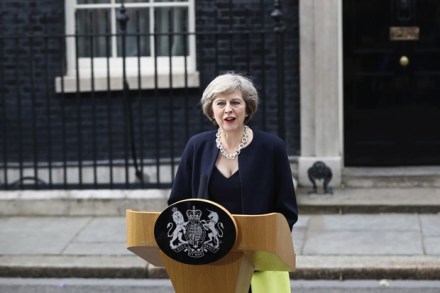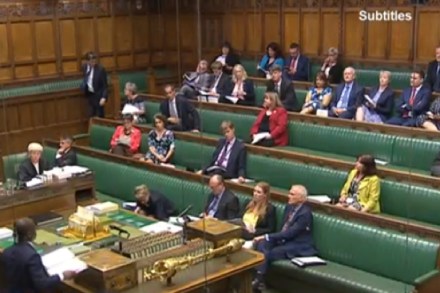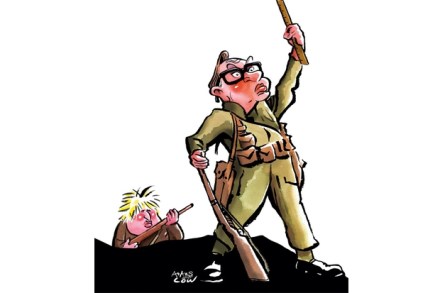Field studies | 8 September 2016
Think back to any time you spent outside at school, and you’re most likely to recall a muddy sports field. At my school, one of the few times we were let loose into the surrounding countryside was when we took our Duke of Edinburgh’s award. Apart from that, the vast majority of our time was spent inside at our desks. Is that a good thing? The official curriculum might not factor in the great outdoors, but many schools have come to realise the benefits — both long-term and short-term — that being outside brings to their students. Traditionally, private schools have led the way in teaching youngsters about the ways


















